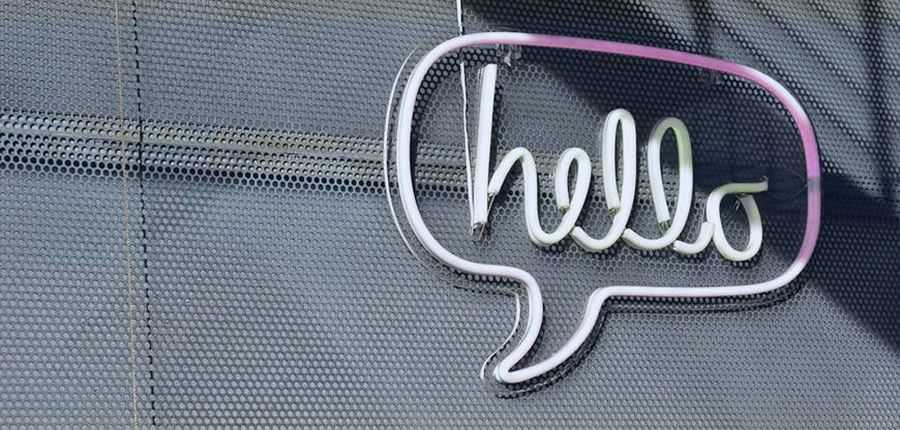Those Things You Must Do When Ending a Freelance Design Project
It sounds so simple, right? You do a good job on a design project, the client loves it and pays you on time, you both walk away feeling good about the exchange.
But if you simply disappear off your clients’ radar once the work is done, you’re missing massive opportunities for more work, as well as testimonials and referrals to help your business.
There are some important things that most designers never do when ending a freelance project, and today we’re going to go over what they are and why you should always do them, no matter what.
Wrap Up All The Loose Ends
The most important thing you should do when ending your project is to make sure that your client is 100% set to move forward without you. This means providing them with a package that includes everything they will need to manage on their own (site logins, full-resolution files, etc.)
It also means providing them with ways to solve any problems they might have without having to call you, in the form of FAQs, troubleshooting guides, or checklists.
Despite what you might think, it’s actually a waste of your time to have an old client call you for help with minor stuff that you could have easily provided for them in an email or spreadsheet. It’s unprofessional to hoard all the knowledge of how to use the goods you’ve created for your client in your head, making them come crawling back to you to obtain it.
You might not think this is what you’re doing, by neglecting to provide your client with information, but this is the way it comes across.

Keep Them Warm
People are much more likely to purchase services from people they’ve worked with before, so you already have that working in your favor. All you need to do is keep the line of communication open for when you need it again.
We’re all guilty of letting a relationship fade away, then finding ourselves wishing we hadn’t. But you can’t just pop up out of nowhere after months or years of not communicating with a client and ask for more work. The relationship needs to be kept warm in the meantime.
Luckily, it’s easier than you think to do this and make sure your clients never fail to think of you when they need high-level work done by a professional they trust.
It does you no good to drop off the face of the earth and never talk to your old clients again. You never know when a former client might be handy as a reference or provide some other career-boosting aid. You can’t just ignore someone for months and only contact them when you need something.
For clients, you definitely want to maintain a relationship with, make a minimum contact of one email per month. You can send them a brief update on what you’re up to, letting them know subtly that you’re still interested in referrals.
You might think you’re important and unforgettable, but you’re really not. You’re replaceable just like anyone else. In addition to your main client (as in, whoever signed your paycheck), send regular emails to any team members you worked with who you want to maintain a relationship with.
They’ll be more likely to let you know about any new projects or opportunities that might be of interest to you. Let them know what projects you’re currently working on (of course, never reveal any confidential or sensitive info).

Be Of Service
Always be thinking about how you can help your former clients, even though you’re no longer working for them. Send them information or introduce them to others you think might be able to help them. Just because you’re no longer getting paid by your former client, it doesn’t mean that you still shouldn’t try to help them in other ways.
Send 3-5 emails throughout the year that offer some kind of value – a link to a useful article, an offer to introduce someone who might be helpful, whatever – before you go asking for something.
A great way to instantly add value to any type of professional relationship is to become a connector. What that means is, if there’s someone you know whom you know a former client would benefit from knowing, don’t be afraid to make the connection and introduce them to one another. Your client will be grateful and you’ll be on the top of his or her mind the next time a juicy opportunity comes up.

It’s far easier to keep a current client happy than it is to gain a brand new client. You should always strive to acquire new quality clients; however, it’s possible to get trapped in a never-ending cycle of finding new clients and totally ignoring the old ones.
This is the worst thing a freelance designer can do – it means you’re spending valuable time generating new leads instead of designing, which will ensure that your portfolio work never develops or makes any interesting progress and you never get picked for the cool, high-level jobs you want.
But if you can retain most of your current clients, staying in touch with them so they never forget about you when they need more work done, you’ll have the opportunity to live life at a more leisurely pace (well…for a freelancer, that is) and spend more time designing.
Now that you have finished this project, here are five questions you should ask before starting your next.